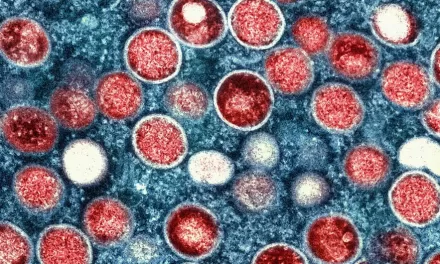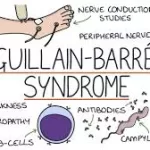New Delhi, : In a significant push to reduce the burden of Non-Communicable Diseases (NCDs) across the country, the Government of India has implemented a series of strategic measures under the National Programme for Prevention and Control of Non-Communicable Diseases (NP-NCD). The programme is being executed as part of the National Health Mission (NHM) to enhance infrastructure, raise public awareness, and provide accessible, affordable treatment to citizens.
Expanding Healthcare Infrastructure for NCDs
Under the NP-NCD initiative, the Government has established a robust healthcare framework that focuses on early diagnosis and treatment of NCDs such as cardiovascular diseases, cancer, and diabetes. As part of this effort, the following facilities have been set up:
- 770 District NCD Clinics
- 372 District Day Care Centres
- 233 Cardiac Care Units
- 6410 Community Health Centre NCD Clinics
These facilities aim to provide timely diagnosis, treatment, and management of NCDs while strengthening healthcare accessibility at the district and community levels.
Screening and Community Engagement
A population-based initiative for the screening, prevention, and management of common NCDs has been rolled out under comprehensive Primary Health Care services. Accredited Social Health Activists (ASHAs) play a crucial role in spreading awareness about adopting healthy lifestyles. ASHAs educate families on the importance of nutritious diets, regular exercise, avoiding tobacco and alcohol, and the significance of regular health check-ups for early detection.
Public awareness campaigns are being carried out through observance of health days, health campaigns, and the use of print, electronic, and social media platforms to encourage healthier lifestyles. Financial support for such awareness activities is provided to States and Union Territories under NHM.
Affordable Healthcare and Medicines
To reduce the financial burden on citizens and ensure access to affordable treatment, the Government has launched several initiatives:
- Pradhan Mantri Bhartiya Janaushadhi Pariyojana (PMBJP):
- Over 14,000 Janaushadhi Kendras have been established across the country.
- The scheme offers 2,047 types of medicines and 300 surgical devices, including cardiovascular, anti-cancer, and anti-diabetic drugs, at significantly lower prices.
- Affordable Medicines and Reliable Implants for Treatment (AMRIT):
- 218 AMRIT Pharmacies across 29 States/UTs provide over 6,500 medicines, implants, and disposables at discounts of up to 50%.
- Ayushman Bharat – Pradhan Mantri Jan Arogya Yojana (PM-JAY):
- PM-JAY offers health coverage of Rs. 5 lakh per family annually for secondary and tertiary care to over 55 crore beneficiaries.
- Recently, the Government approved health coverage for all senior citizens aged 70 years and above, irrespective of income.
Promoting a Healthy Lifestyle
The Government is actively promoting healthy living through initiatives such as:
- Eat Right India Movement by the Food Safety and Standards Authority of India (FSSAI) to encourage healthy eating habits.
- Fit India Movement spearheaded by the Ministry of Youth Affairs and Sports to promote physical fitness.
- Yoga-related activities led by the Ministry of AYUSH to enhance mental and physical well-being.
Reducing Out-of-Pocket Expenditure (OOPE)
To make healthcare services more affordable, the National Health Mission supports States in providing free essential medicines and diagnostic services at public health facilities. These measures aim to reduce the Out-of-Pocket Expenditure (OOPE) for patients, especially for underserved and marginalized communities.
A Unified Effort Against NCDs
Through its holistic approach combining infrastructure development, awareness generation, affordable healthcare, and healthy lifestyle promotion, the Government of India is working to mitigate the growing burden of NCDs. These initiatives not only aim to strengthen the healthcare system but also reduce the economic and social impact of these diseases on individuals and families.
With continued collaboration between the Centre, States, healthcare workers, and the community, the Government remains committed to achieving universal healthcare and addressing the challenge of Non-Communicable Diseases effectively.
Source: Ministry of Health and Family Welfare, Government of India










